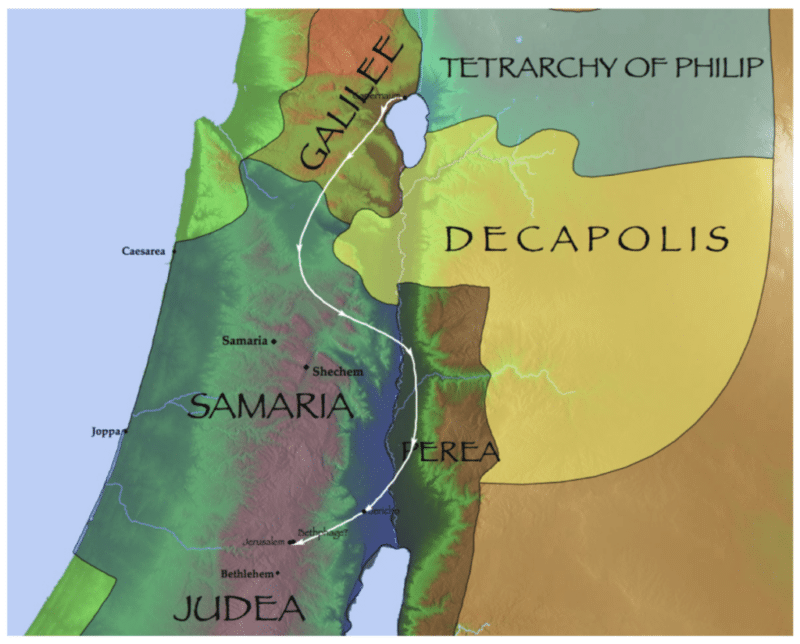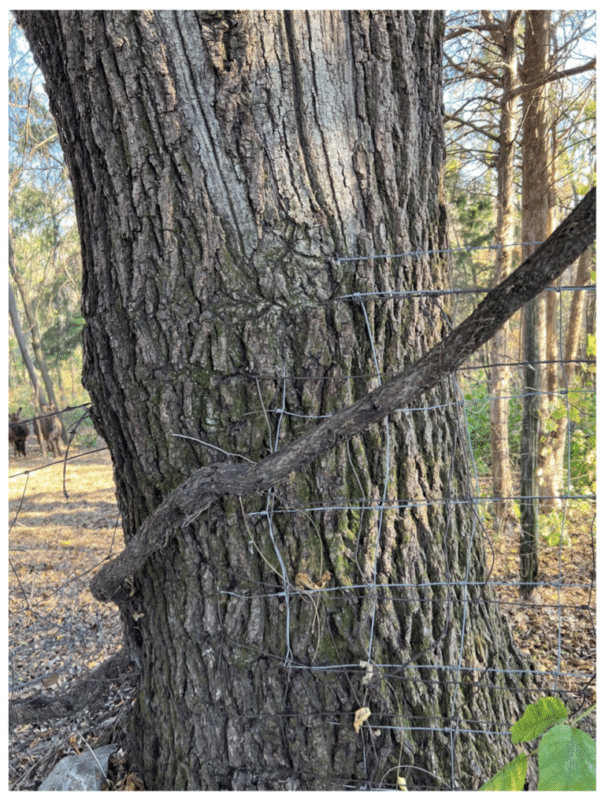November 6, 2022
Matthew 19
Rules, Regulations, and Redemptive Relationships
Jesus has left Galilee for the last time, and is headed towards Jerusalem and the cross. He has three encounters in this chapter: with Pharisees who want to trip Him up regarding divorce, with parents who bring their children to Jesus for blessing, and with a rich young man who wants to know what one thing he must do in order to get into heaven.
How does Jesus respond in each of these encounters? What does He have to say regarding our marriages, our children, and our wealth? Join Pastor Matt as he leads us through Matthew 19 and we hear what God would tell us regarding redemptive relationships.



